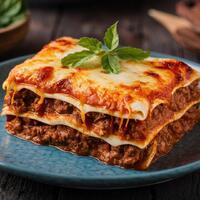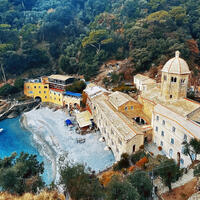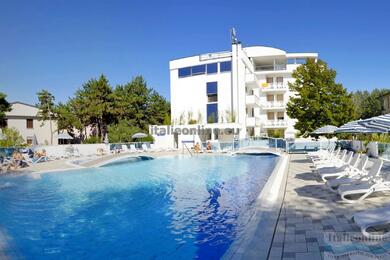Ricotta is a traditional Italian cheese that has its roots deep in Italian history. Its name comes from the Latin 'recocta', meaning 're-cooked', referring to the unique process of its production.
Ricotta was first produced by Roman shepherds and farmers. Ricotta is made from the whey left over after making other cheeses such as mozzarella and provolone. This by-product is reheated to a high temperature, which causes the proteins to coagulate, forming fine cheese grains. These grains are then collected and drained to produce the soft and creamy texture of ricotta.
There are several types of ricotta, which vary according to region and production method:
- Ricotta di latte: Made from fresh milk, which gives it a richer and creamier texture.
- Ricotta salata: Dried and salted ricotta, which is harder and suitable for grating.
- Ricotta affumicata: Smoked ricotta, which has a distinctive smoky flavour.
- Ricotta al forno: Baked ricotta which has a golden brown crust and a denser texture.
Ricotta is known for its smooth and creamy texture with a slightly sweet and milky taste. Its colour is white to light yellow. Thanks to its mildness and neutral taste, ricotta is versatile and can be used in both sweet and savoury dishes.

Ricotta is an essential part of many Italian recipes. It is used as a filling in pasta dishes such as ravioli, lasagne and cannelloni, where it adds a creamy texture and rich flavour.
In dessert cuisine, ricotta is often used in products such as cannoli, Sicilian cassata and cheesecake. It is also delicious simply with honey and fruit, or as part of breakfast dishes.
Ricotta is a relatively low-calorie cheese, rich in protein, calcium and essential amino acids. It is also a source of vitamins A and B, which contributes to its nutritional profile. Due to its low fat content, ricotta is often preferred as a healthier alternative to other cheeses in many recipes.







